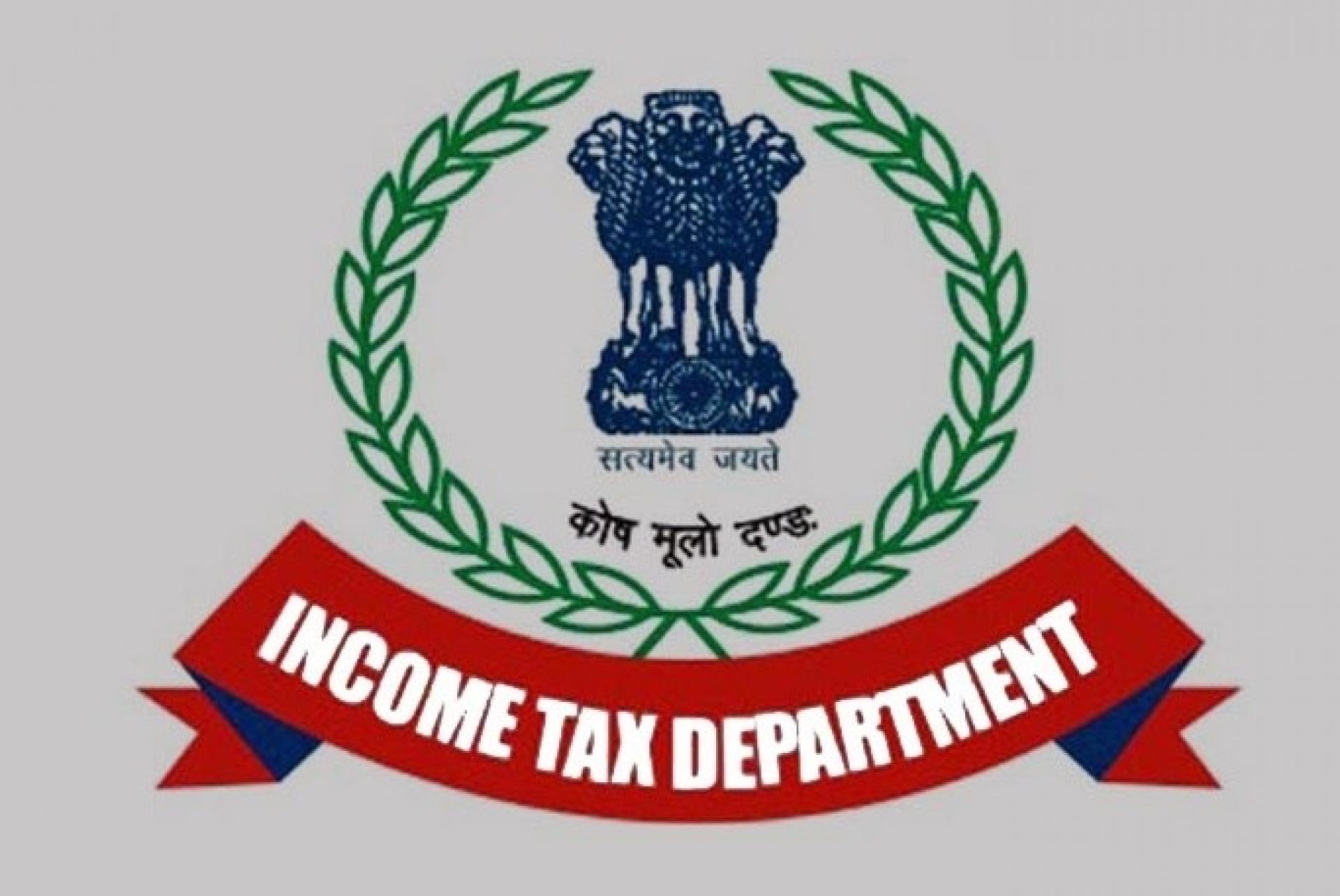

By A Special Correspondent
First publised on 2020-08-15 08:38:53
The "seamless, painless, faceless" tax assessment system announced by Prime Minister Modi is welcome. It needs to be supplemented by simplified tax code and an effort to widen the tax net substantially if compliance and tax revenue needs to be increased. The Prime Minister talked about doing away with the grey areas. That, too, is also important to build trust, do away with arbitrary decisions on part of tax officers and prevent unnecessary litigation. Another thing that needs attention is the fixing of unrealistic tax collection targets for that leads to unnecessary harassment of taxpayers.
Ideally, the system must be capable of processing tax returns and issuing assessment orders. This is being done for the last several years. Online assessment has been the norm in India. Now, scrutiny of returns will be done by selecting them randomly and the taxpayers will be not be required to meet tax officers in person. Instead, they will be required to upload all documents asked for and provide all explanations digitally. Any officer from anywhere in India will be handling the scrutiny. This will weed out corruption too.
But the government must simplify the tax code. Doing away with exemptions should be the biggest reform in this direction. A step in this direction was taken in the Union Budget last year. It should be made broad-based. Exemptions many times lead to juggling in the tax return on part of the taxpayer and disallowance on part of the tax officers which in turn leads to litigation. In any case, an equitable base income that is exempted from tax can obviate the need for allowing exemptions for small things. For businesses, a clear definition of business expenses and a list of what is allowed and what is not will also help in simplification and avoiding litigation.
Next, the tax net needs to be widened. Many small businesses, although earning more than the exempt limit, neither maintain books of accounts nor file income tax returns. Yet, they are important cogs in the value chain as they provide services, either directly or through contractors, to other MSMEs or big companies. Through big data mining, and tracing the value addition chain in GST returns, these small businesses must be brought under the tax net. Then there are many street vendors who, being part of System D (as the parallel economy is described by Robert Neuwirth in his book Stealth of Nations), often earn enough to be paying taxes which they avoid. They must be encouraged or coerced to contribute.
Simplified and system-driven income taxation architecture is necessary for the digital age. It will also, perhaps, lead to data-driven fixing of tax collection targets, another area where the government often shows an attitude that encourages tax terrorism. Unrealistic collection targets force the tax officers to harass the taxpayer and issue assessment orders that add back many genuine claims, leading to unnecessary litigation. Building trust is absolutely necessary to ensure better compliance.











